
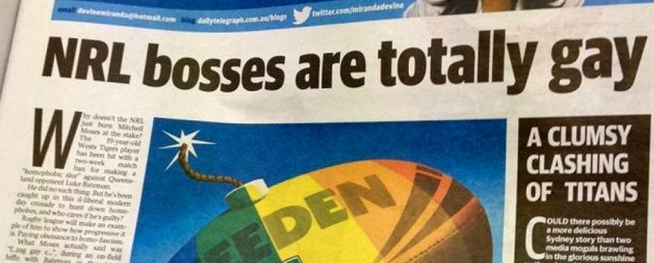
IT’S hard to find words to define how you feel about someone that simply doesn’t understand your world.
Because when it comes to Miranda Devine’s recent opinion piece “NRL bosses are totally gay”, that’s the conclusion that I reach: she doesn’t understand.
It was as though I was reading something written by those who talk of the “anti-homophobia police” as though this situation was a matter of whether or not someone was being offended. The author seemed perplexed as to how the words used on that playing field were homophobic or inappropriate and why there should be any reason to focus on this.
It was as though there were some crusade of political correctness and self righteousness taking place. The author also took the opportunity to educate us on the re-ownership of the word “gay”, its changing place in society and how now, because all the kids are using to mean lame/dumb, that it should be acceptable to use it in that context.
As much as we can try to understand the evolution of this meaning of the word, it does and always will mean and/or be associated with sexuality. Try as we might to take the ownership for its “new” meaning, the old will still stick.
It will stick in a way that many people will never fully understand.
For example, you can’t put the author of that opinion piece in our shoes. Perhaps the shoes of a 13-year-old boy if we were to be specific. One who is confused by raging hormones and the knowledge of something ticking inside his head — that little bubble of knowledge that is slowly starting to make him realise, he is not like the other boys.
You can’t make that author see through this teenage boy’s eyes as it starts to dawn on him just what it is that he might be, that the word “gay” is something that could apply to him.
And just as suddenly as that starts to dawn, he is thrust into the reality of the school yard. “Oi, give that back you faggott!” one boy may scream. “Fuck off, that’s so fucking gay,” he may hear as someone sees something they don’t like.
And every time he hears it, it’s like tiny daggers striking at his heart. His skin prickles. This sense of alienation and fear creeps in.
That word — the one he is worried about — keeps repeating over and over in his mind. Every time he hears it, it’s being belted around like a baseball bat against everything that is stupid or unpleasant in the world.
You can’t begin to explain to someone what it feels like to be a teenager struggling to come to terms with their sexuality. That is exactly why the latest commitment to tackling homophobia in sport was established by the organisers of Bingham Cup Sydney and five of Australia’s biggest sporting codes.
It’s not just about holding homophobic people accountable and those who may make direct attacks on people based on their sexuality. This is about removing a culture of negative language and attitudes towards homosexuality to allow every person to feel safe, welcome and included.
For some people the fear that starts to creep in at school never leaves. They never find the courage to speak about who they are and the people around them — usually oblivious to what is going on through their minds — foster an environment with a choice of words that either deliberately or inadvertently tells them to keep this part of themselves quiet. This sort of environment often exists in the hyper-masculine world of competitive sports where this derogatory language can be common or used as “throwaway” comments. It leads to a feeling that it’s better for those who are gay or questioning to shut up and put up.
But with each shout of “faggott” or “that’s so gay”, the fear continues to build. It doesn’t matter what other people may think the words mean. To those of us of whom that word belongs to in our head, it means a hell of a lot.
“Kids are walking around the hallway
Plagued by a pain in their heart
A world so hateful
Some would rather die
Than be who they are”
When Macklemore wrote those lyrics, he wasn’t joking. He was talking about some serious issues. We’re dealing with LGBTI youth who are four times more likely to take their own lives.
We have an opportunity to start tackling these things in a public forum. This is where it starts — the opportunity to facilitate change, to foster the intelligence and understanding of the next generation and those already before them to understand that words matter.
This isn’t a political crusade. We’re not out to stomp on anyone’s rights. We’re here to assist the next generation of young, impressionable LGBTI youth and to help create an environment where they feel free and happy to be whoever they want to be.
The fact that we can take this out onto the sporting field and tackle this head -n is an amazing testament to how far we’ve come and where we’re going.
We don’t need people who can’t empathise or sympathise with us to fight and criticise us. We need them to understand.
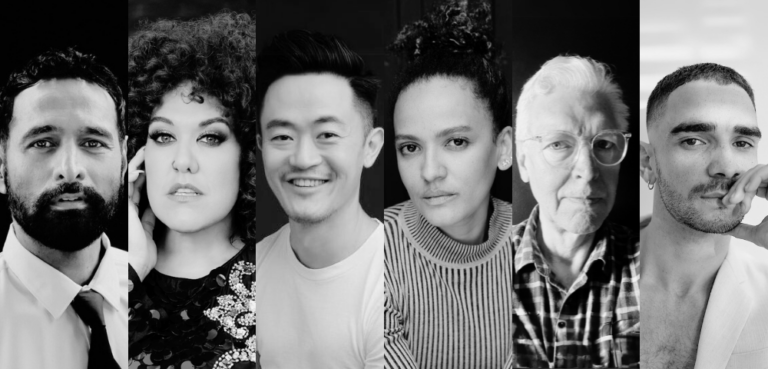
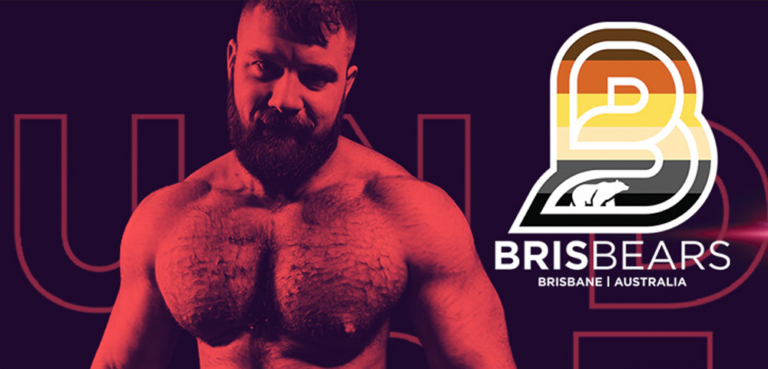
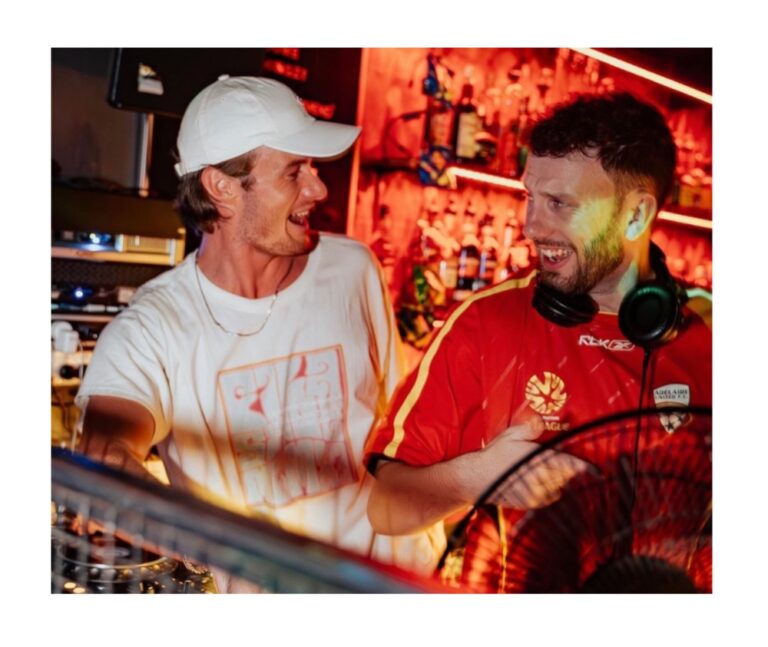
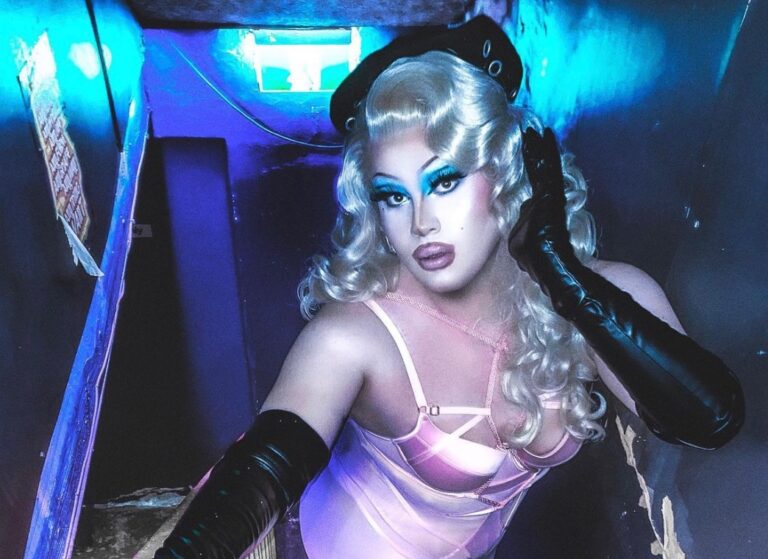

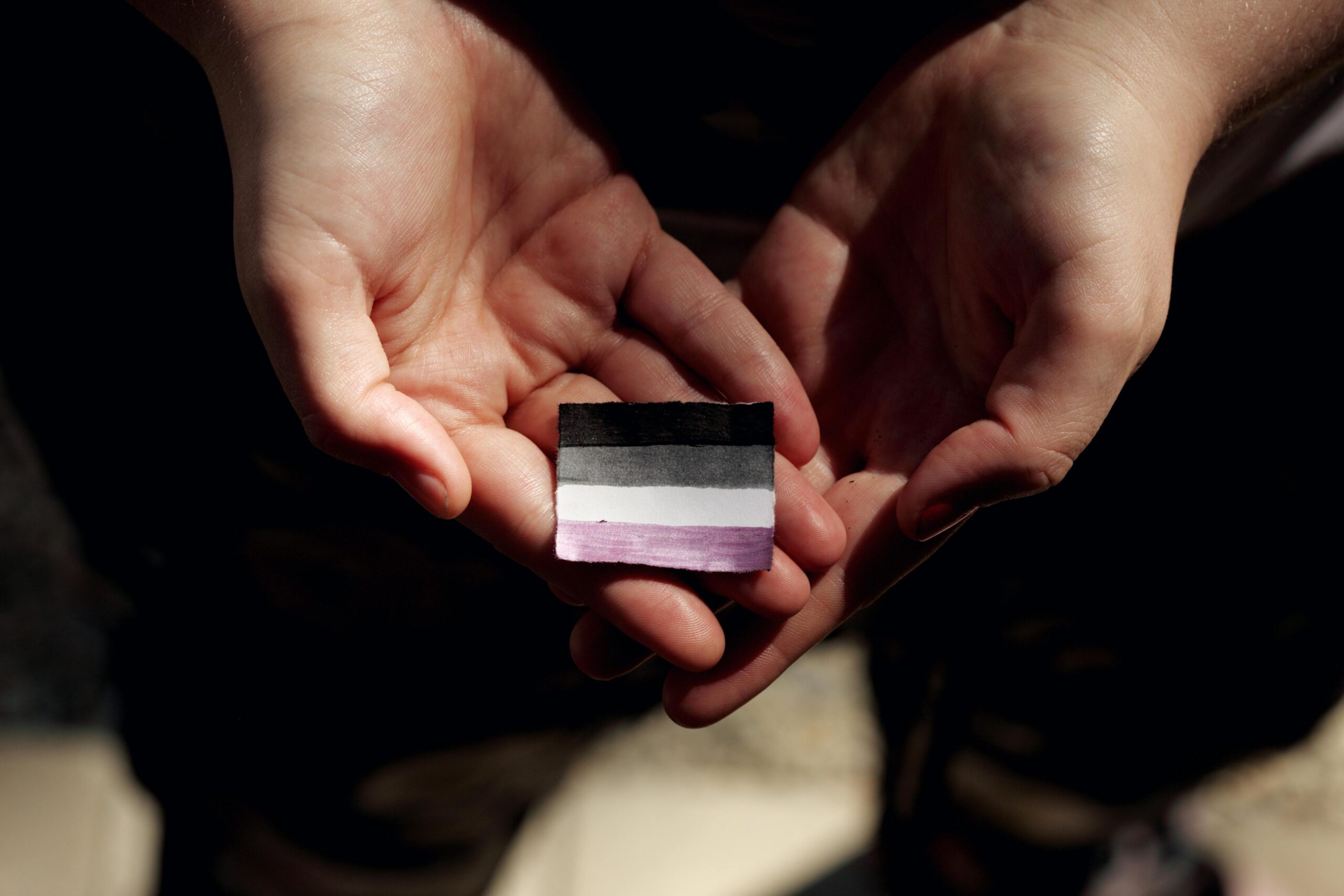
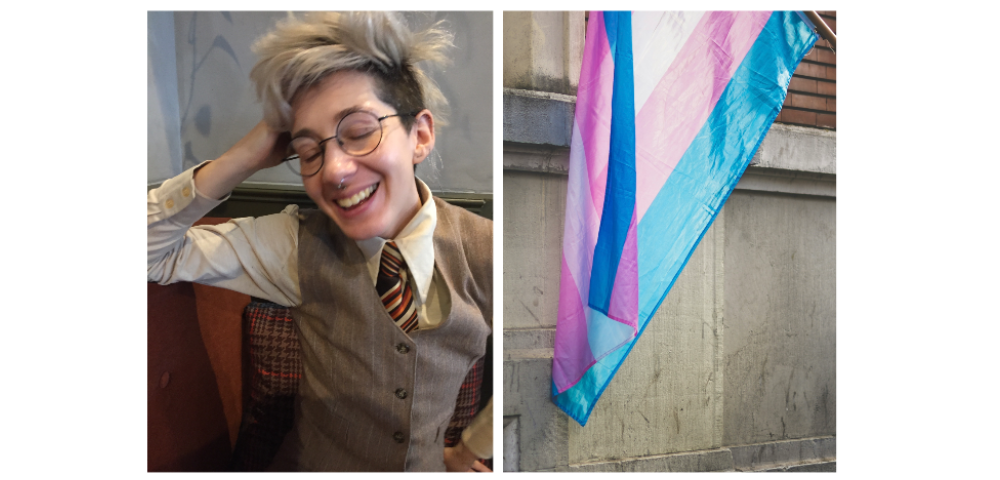
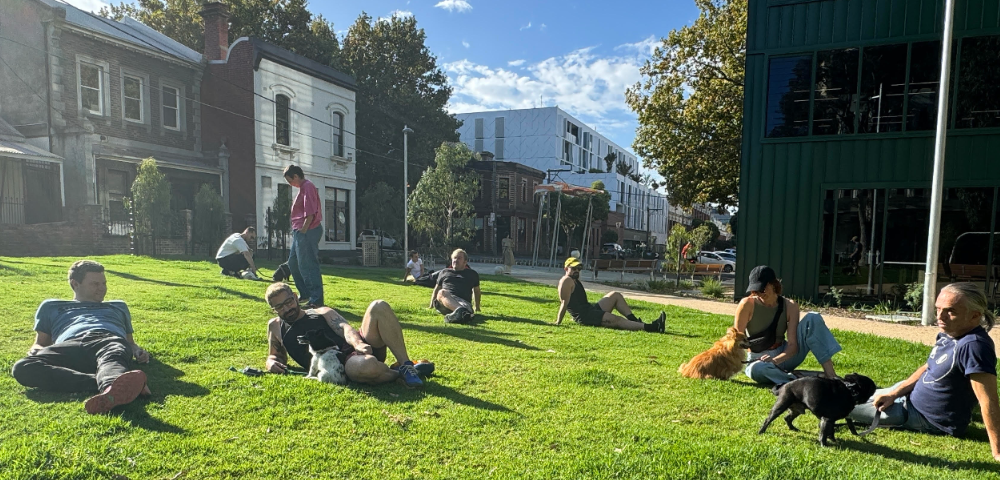
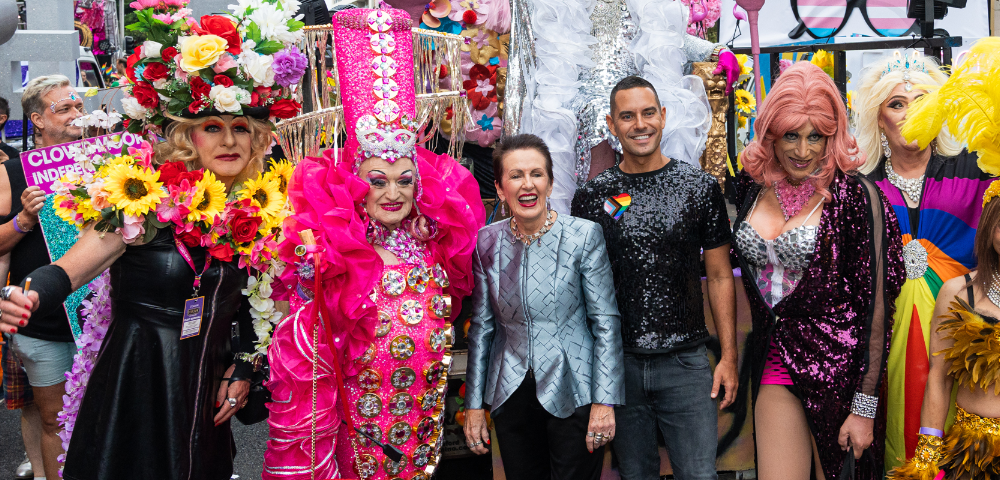

Mitchell Moses accepted responsibilty and apologised which demonstrates he must have been guilty as charged. Has anyone pointed this out to Miranda?
Seriously, if we want them to take notice, hit them where it hurts- their money. Right now, they make money by spreading hate and getting people angry. It’s their job.
But if you direct that anger at their advertisers, they lose money. Go to the Facebook pages of Toyota Australia, Harvey Norman, nab etc and let them know how strongly you disapprove of their financial support of homophobia. etc. And you’ll think twice before buying their products. Tell 100 friends to do likewise.
Thank you Michael for sharing this really insightful information. I have put the link on my blog and facebook page because I so believe that sharing this message is the best thing we can do for all young people.